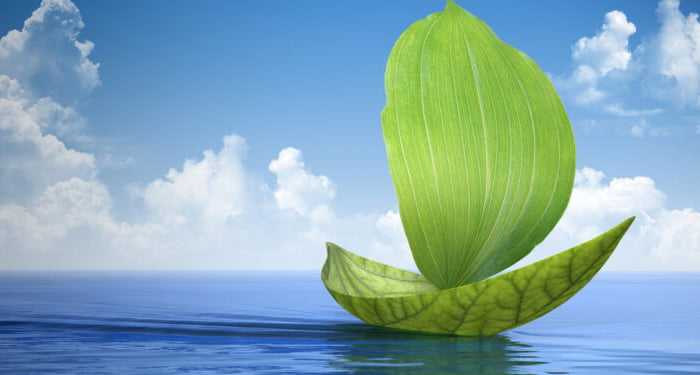The Mærsk Mc-Kinney Møller Center for Zero Carbon Shipping has received a second donation from the A.P. Møller and Chastine Mc-Kinney Møller Foundation in recognition of the Center’s ability to accelerate the decarbonization of the maritime industry through collaboration and change leadership.
The A.P. Møller Foundation has decided to donate DKK 320 million to the Center. This donation comes on top of the DKK 400 million the Center received as start-up funding when it launched in June 2020.
Commenting on the donation chairman of the A.P. Moller Foundation Mrs. Ane Mærsk Mc-Kinney Uggla said:
The shipping industry has an obligation to act forcefully but the dimension of the challenge calls for collaboration and willingness to take risks in developing a zero-carbon future. The Mærsk Mc-Kinney Møller Center for Zero Carbon Shipping has quickly developed into a truly important, global collaboration platform and has attracted a strong network of partners that all commit to actively accelerating the transition
[smlsubform prepend=”GET THE SAFETY4SEA IN YOUR INBOX!” showname=false emailtxt=”” emailholder=”Enter your email address” showsubmit=true submittxt=”Submit” jsthanks=false thankyou=”Thank you for subscribing to our mailing list”]
In addition, CEO of the Mærsk Mc-Kinney Møller Center for Zero Carbon Shipping, Bo Cerup-Simonsen said that “the two donations of DKK 720 million in total give the opportunity to continue working as an independent driver of the transition, develop our team and continue accelerating the solutions that are the best for the planet long term.”
The climate does not have time to spare, and we are eager to work with our partners and the entire maritime eco system to ensure that this donation is transferred into real climate action and a greener future for shipping
Finally, the donation from the A.P. Moller Foundation will contribute to the continued operations of the Center’s activities across three work programs focusing on increased adoption of energy efficiency measures in shipping, maturation of alternative marine fuel pathways and support to first movers including creation of green corridors that enable green shipping routes.






























































